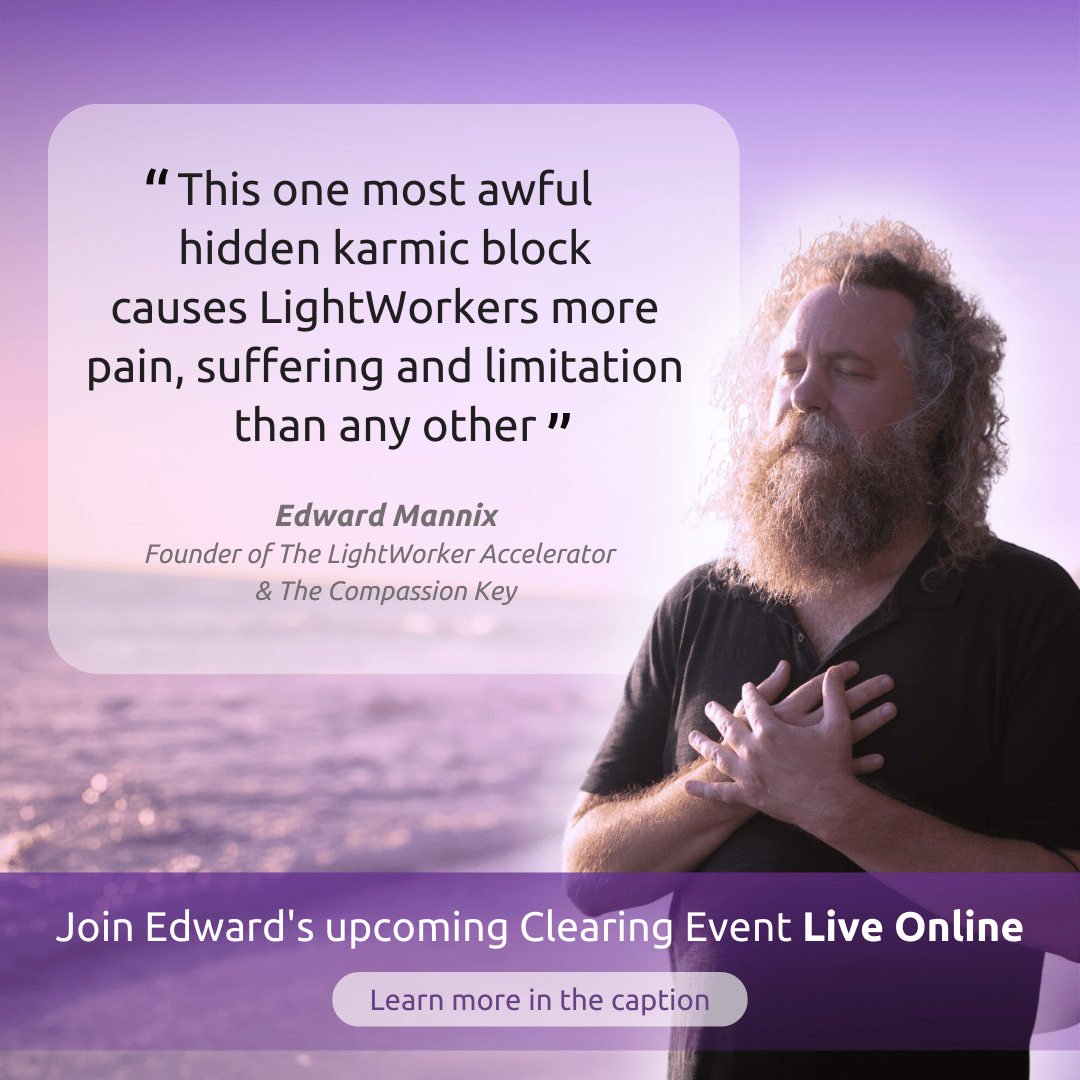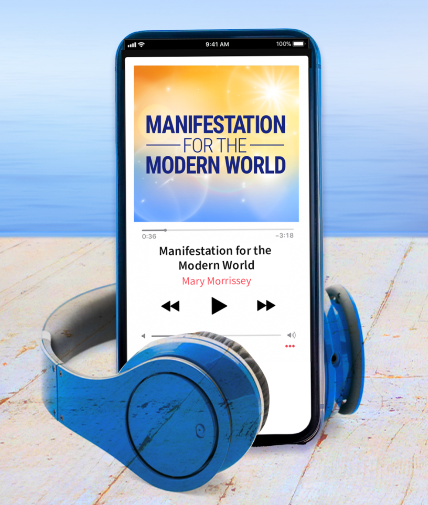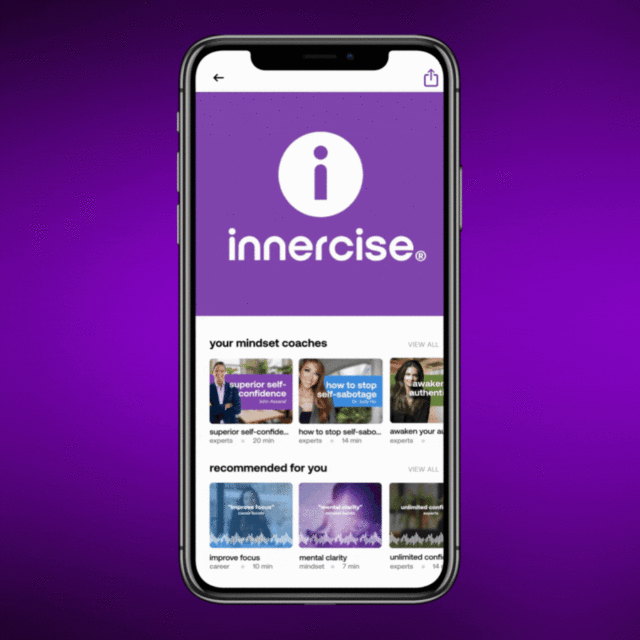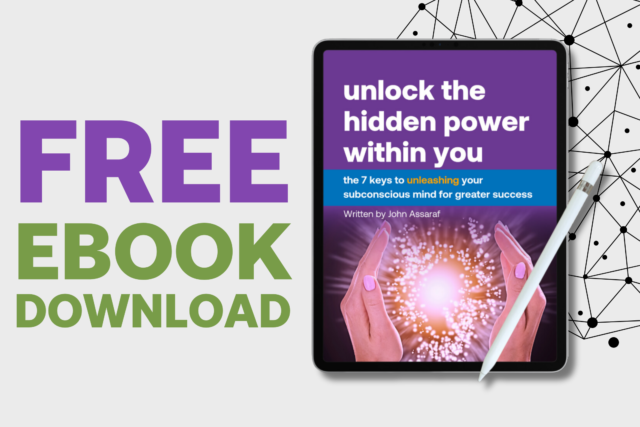How to Find Inner Peace and Joy in Challenging Times with Insight Meditation
Few people would call the past few months a smooth ride. Global turmoil, and technology changing like the winds in a hurricane have increased uncertainty many times over.
Yet even in the tides of change, there is a timeless practice we can turn to .
Insight meditation, also known as vipassana*, is the traditional art of meditation as it was taught by the Buddha, and then passed from friend to friend for over 2,600 years.
To this day, insight meditation remains one of the oldest and most effective practices we have for calming our minds and awakening our inner joy—even in a year as tumultuous as this one.
But we understand that starting and sticking with any meditation practice is hard enough when times are “normal”—let alone when they feel so uncertain.
This is why we’re bringing you a free webinar training with two veery experienced and revered meditation teachers Sharon Salzberg and Joseph Goldstein.
In case you don’t know them, Sharon and Joseph were among the first teachers to bring traditional meditation to the West. Since cofounding the Insight Meditation Center nearly 50 years ago, they’ve taught thousands of students how to begin—and stick with—a nourishing meditation practice.
Interested in exploring meditation for yourself? Want tips to get started and guided practices with master teachers?
Join this free webinar to discover:
- How meditation can help you shift from stress and anxiety to genuine happiness and peace
- Why this type of meditation stands out as a timeless path to transformation and awakening
- Mindfulness and lovingkindness practices to get your meditation practice started today
Go here to learn more!
Live long, love life and be well!
Harold
Joseph Goldstein
 Joseph Goldstein has been leading insight and lovingkindness meditation retreats worldwide since 1974, and has studied and practiced different forms of Buddhist meditation under eminent teachers from India, Burma, and Tibet since 1967.
Joseph Goldstein has been leading insight and lovingkindness meditation retreats worldwide since 1974, and has studied and practiced different forms of Buddhist meditation under eminent teachers from India, Burma, and Tibet since 1967.
He is a cofounder of the Insight Meditation Society, the Barre Center for Buddhist Studies, and the Forest Refuge. His books include A Heart Full of Peace, One Dharma, Insight Meditation, and The Experience of Insight. Joseph’s audio programs with Sounds True include the three-volume Abiding in Mindfulness series.
* Vipassana meditation, also known as Insight Meditation, originates from Theravada Buddhism, the oldest school of Buddhist thought. Its core focus is on seeing things as they truly are. Practitioners engage in this form of meditation to observe the world from a state of tranquility, awareness, and mindfulness.


 Sharon Salzberg, a student of Buddhism since 1971, has been leading meditation retreats worldwide since 1974. Influenced by her more than twenty-five years of study with Burmese, Indian, and Tibetan teachers, she teaches intensive awareness practice and the profound cultivation of lovingkindness and compassion.
Sharon Salzberg, a student of Buddhism since 1971, has been leading meditation retreats worldwide since 1974. Influenced by her more than twenty-five years of study with Burmese, Indian, and Tibetan teachers, she teaches intensive awareness practice and the profound cultivation of lovingkindness and compassion.








